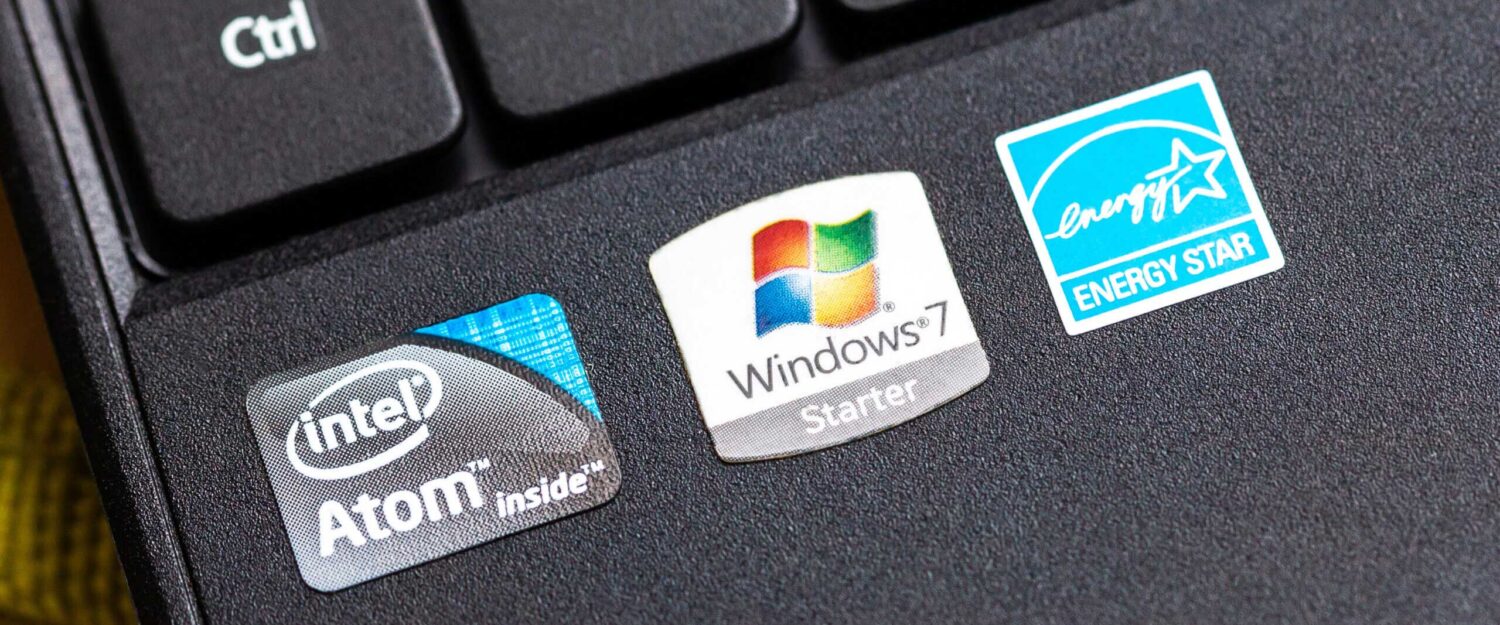The speed that technology moves is staggering. It feels like no sooner have you bought a brand-new piece of technology, it becomes out of date.
However, for your business, this brings potentially dangerous repercussions. When technology becomes obsolete in your organisation, you’re at risk of cyberattacks. If you’re still using Windows 7, you may be putting yourself in this category.
While firewalls and anti-virus software help protect your organisation, they do not provide sufficient protection against unpatched vulnerabilities within a machine’s internal operating systems. Hackers are quick to exploit these, infiltrating networks, wreaking havoc on your IT infrastructure and as a result, your organisation’s sensitive data could be compromised.
When does Windows 7 support end?
Microsoft announced it would cease support for Windows 7 from 14th January 2020. After this point, they have no responsibility for security breaches within Windows 7. There will also be no updates to it, security or otherwise.
This means that, since 14th January 2020, Windows 7 has been in its end-of-life phase as a product.
What is an end-of-life product?
Products, such as operating systems have a life cycle. When those products reach their end-of-life cycle, there are serious security implications for any business that continues to use it.
New applications are released on daily and these are optimised for the most recent operating systems, such as Windows 10. That means when using an end-of-life product – such as Windows 7 – the latest apps or upgrade may not be fully compatible with your software.
You’ll be forced to hold onto legacy applications, which creates ongoing problems with your systems’ connectivity and efficiency. It may also lead to staff frustrations and reduced productivity.
End-of-life products also provide barriers for digital transformation. Outdated systems have been identified as one of the key reasons that companies are not moving faster towards modern processes, such the cloud, AI, automation, Internet of Things (IoT) and more.
What are the security risks?
With Windows 7 support already ended, there are significant risks. While your employees and organisation will still be able to use Windows 7, the operating system will no longer be supported by Microsoft and there will be no security updates.
Security updates are essential to fix open vulnerabilities that cyber criminals might exploit.
The official advice from Microsoft is as follows:
“You can continue to use Windows 7, but once support ends, your PC will become more vulnerable to security risks. Windows will operate, but you will stop receiving security and feature updates.”
GDPR makes this more complicated. Lax security can compromise your customer data, and data breaches may result in your organisation being fined.
The basis of GDPR is about risk assessment and mitigation. Organisations that are still knowingly using software that is at the end of its life are increasing their risk level. According to the GDPR legislation, organisations who have knowingly not taken the steps to mitigate risks such as these like this are likely to face the heaviest penalties if their data is compromised.
Microsoft will not take any responsibility for any security breaches within Windows 7 after 14th January 2020, and they will not be providing security updates for Windows 7 after this date. This is the date in which Windows 7 will reach its end of life date.
What should you do next?
If you are still using Windows 7, it’s time to consider alternatives to stay protected and leverage the benefits of modern systems.
Microsoft 365 is Microsoft’s newest answer, building on the functionality of Windows 7. Microsoft 365 is a new unified, cloud-based solution that includes Microsoft Office 365, Enterprise Mobility Suite (formerly known as EM+S) and the Windows 11 Business operating system. These integrated products give your business the access to the latest Microsoft business applications, enterprise-grade Mobile Device Management and security tools powered by Windows 11.
With Microsoft 365 and Windows 10 onwards, Microsoft have adopted a new policy for the sustainability of their products, known as Windows as a Service (WaaS).
Going forwards, organisations who adopt the use of Windows 10 and 11 will remain up to date with the latest fixes and updates. There won’t be any need to upgrade to a new operating system. WaaS assures a smooth transition between iterations of a single operating system. So, even if Windows looks completely different in the future, updates will happen incrementally behind the scenes without business downtime.
Infinity Group are experienced cyber security consultants, as well as being authorised Microsoft 365 resellers. We are also one of the top 200 Microsoft Gold Partners in the UK.
If you are interested in implementing Microsoft 365, with emphasis on driving your business IT security, please get in touch.


